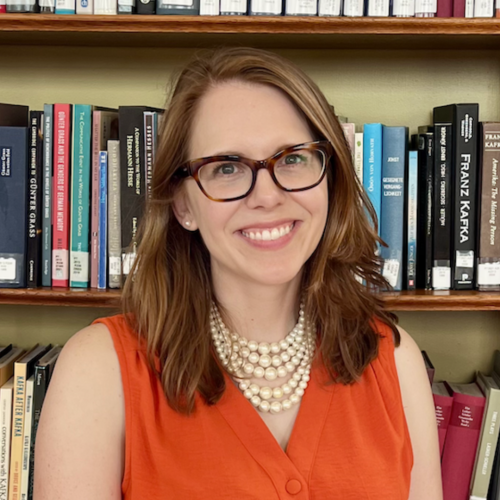Assistant Professor Melissa Ocepek and Assistant Professor Madelyn Rose Sanfilippo have co-edited a new book, Governing Misinformation in Everyday Knowledge Commons, which was recently published by Cambridge University Press. An open access edition of the book is available, thanks to support from the Governing Knowledge Commons Research Coordination Network (NSF 2017495). The new book explores the socio-technical realities of misinformation in a variety of online and offline everyday environments.
"From QAnon on Facebook to the common nonsense of password security, Governing Misinformation in Everyday Knowledge Commons presents a variety of case studies to explore misinformation in new ways that focus less on the current political moment and more on the common experiences of everyday life," said Ocepek. "The book also contributes to the Knowledge Commons Framework by identifying trends in the case studies that support a need to address the importance of community norms and context."
In addition to Ocepek and Sanfilippo, chapter authors include Associate Professor Kate McDowell, Lecturer Elizabeth Wickes, and BSIS student Smita Nair. According to the editors, the book highlights how communities manage issues of credibility, trust, and information quality continuously, to mitigate the impact of misinformation when possible.
"This book offered a wonderful opportunity to explore how communities that people spend time in everyday—social media, interest-based communities, and digital layers to their local communities—deal with misinformation in effective and ineffective ways," added Sanfilippo. "In looking at the ubiquity of misinformation and human efforts to restrain it, we get a sense that we really can’t treat all misinformation the same way, nor can we expect top-down interventions from government or platforms to handle the issues in the ways that work best for different communities."
Ocepek's research and teaching interests include everyday information behavior, cultural theory, critical theory, food studies, and research methods. She holds a BA in sociology and political science from Pepperdine University and a PhD in information science from the University of Texas at Austin.
Sanfilippo's research empirically explores governance of sociotechnical systems as well as outcomes, inequality, and consequences within these systems. She earned her MIS and PhD in information science from Indiana University.

